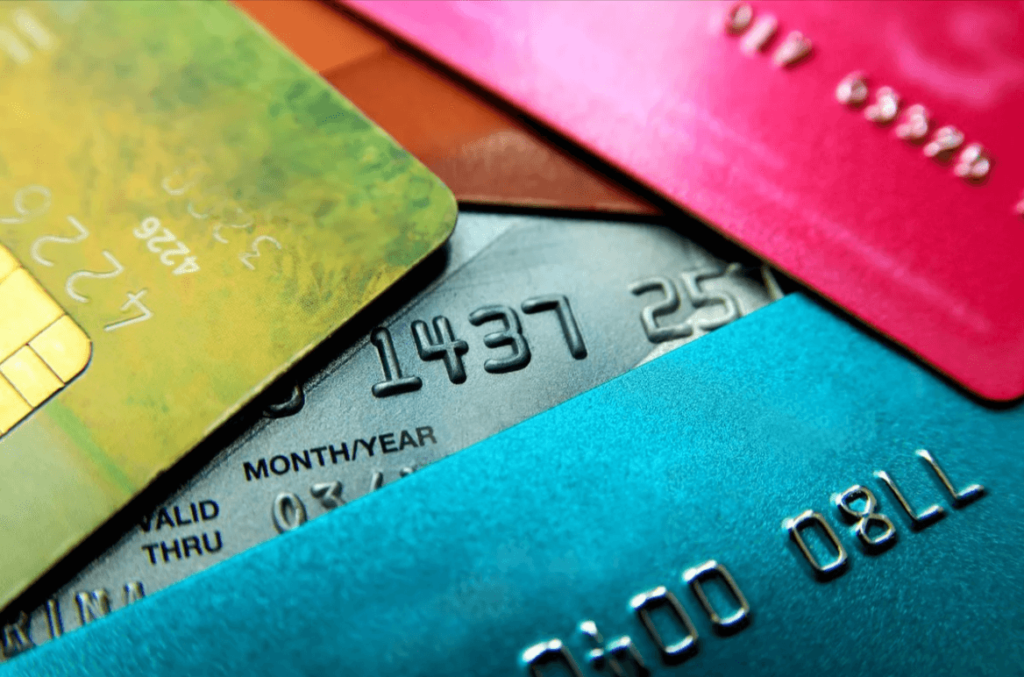5 Things You Did Not Know About Your Credit Card

Credit cards have become a vital part of our toolbox for managing our finances and expenses. They are highly convenient to use, save a lot of time, do away with the need to carry cash, and are quite safe. You must be using the various features of your credit card to avail of various offers and discounts besides earning reward points.
There is a good chance, however, that you are not aware of certain facts about your credit cards. Let us find out what can these be:
#1 – The date on which credit card companies report to Credit Bureaus differs
While it is widely believed that your credit card activity is reported to a credit bureau at the end of your billing cycle or on the statement closing date, it is not a hard and fast rule followed by all banks. So, if you wish to avoid your credit score getting hurt, you should know your statement closing date and pay off your balances before this date.
#2 – Annual fees are negotiable
Contrary to popular belief, the annual fees on your new credit card are negotiable. You can always negotiate with the credit card issuer about the fee citing your excellent credit score and track record of timely payments on your existing cards. You can even apply for a credit card to your existing bank and get a fee waiver since they know about your creditworthiness and ability to pay. Your excellent track record can also help you get a lifetime free credit card.
#3 – You can negotiate for an increased credit limit
Did you know that you can always ask your bank to increase the credit limit on your card if your income and the ability to repay has risen or you have an excellent record of paying back all your loans or other dues? The enhanced limit tends to have a positive impact on your credit score since it boosts your credit utilisation ratio.
#4 – Your credit card number is unique
Your credit card number is unique and follows a pattern. The first few digits of your card number help to identify the type of card held by you. While the number 3 shows that you are holding a travel or an entertainment card, 4 shows that it is a Visa card, 5 is for MasterCard and 6 for Discover card. While the first 15 digits of your card number are determined by the issuing bank, the last number called the check digit is mathematically determined to rule out any error.
#5 – Interest charges may differ
When you apply for a new credit card you tend to look at the interest rate and take a decision. But what you do not know or understand is that different interest charges may apply for purchases, balance transfers, and cash advances. Also, the bank may change these interest rates from time to time. So, keep a regular check on your credit card statement to be aware of the applicable interest rates and any changes in them.

 Streamlining Student Loans: A Move Towards Effortless Education Financing Similar to Agricultural Loans.
Streamlining Student Loans: A Move Towards Effortless Education Financing Similar to Agricultural Loans.  Mastering the Art of Options in Stock Market Trading: A Comprehensive Guide for Traders
Mastering the Art of Options in Stock Market Trading: A Comprehensive Guide for Traders  5 Steps to Using Ally Financial’s Payoff Address: A Complete Guide
5 Steps to Using Ally Financial’s Payoff Address: A Complete Guide  Airtel Tez Portal: An All-in-One Payment Solution for India
Airtel Tez Portal: An All-in-One Payment Solution for India  How to Cut Costs and Reduce Your Spending
How to Cut Costs and Reduce Your Spending  3 Tips to Make Transfers More Transparent When You Send Money to India from the UK
3 Tips to Make Transfers More Transparent When You Send Money to India from the UK  The Art and Craft of Dried Flowers: Insights from a Dried Flower Manufacturer
The Art and Craft of Dried Flowers: Insights from a Dried Flower Manufacturer  Finding the Best Hash Online in Canada: Advanced Tips for Enthusiasts
Finding the Best Hash Online in Canada: Advanced Tips for Enthusiasts  The Vital Role of Gymnastic Mats in Canada
The Vital Role of Gymnastic Mats in Canada  Elevating Your Business Strategy with EDG Grant Agencies
Elevating Your Business Strategy with EDG Grant Agencies